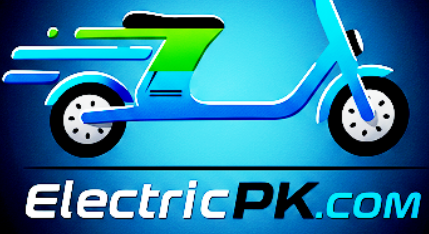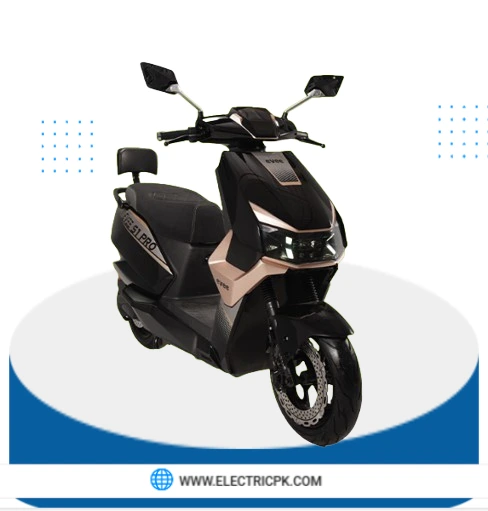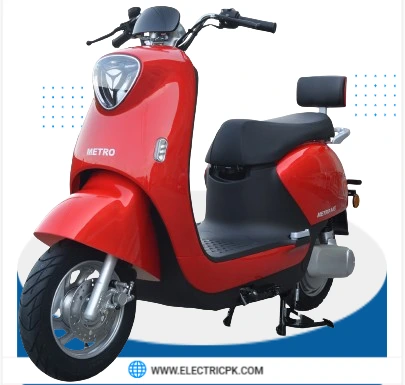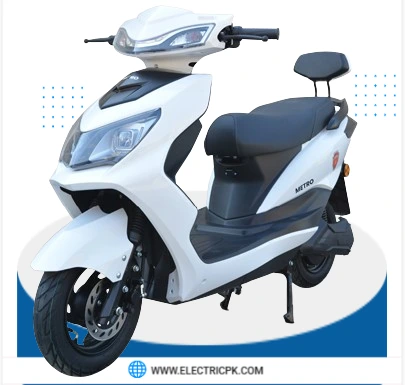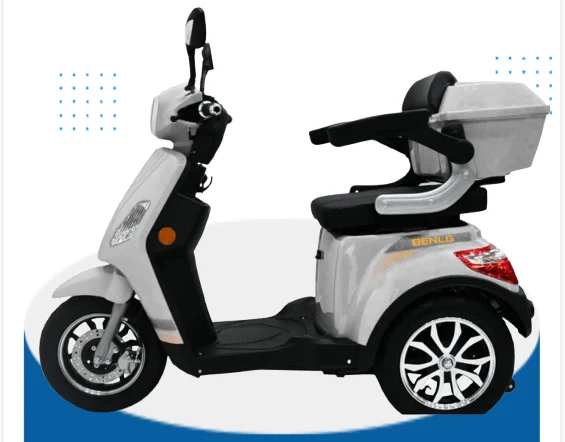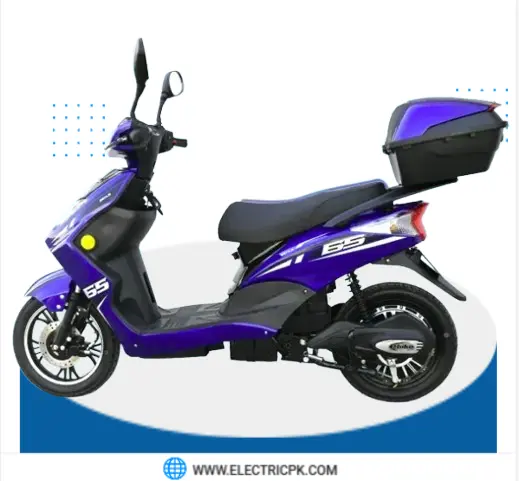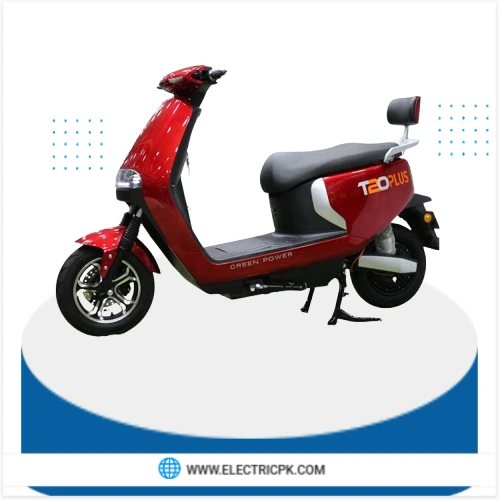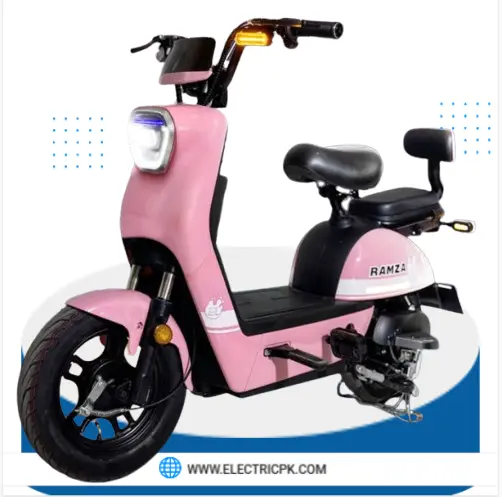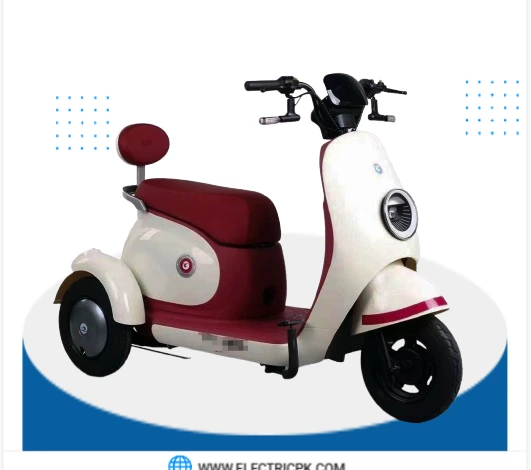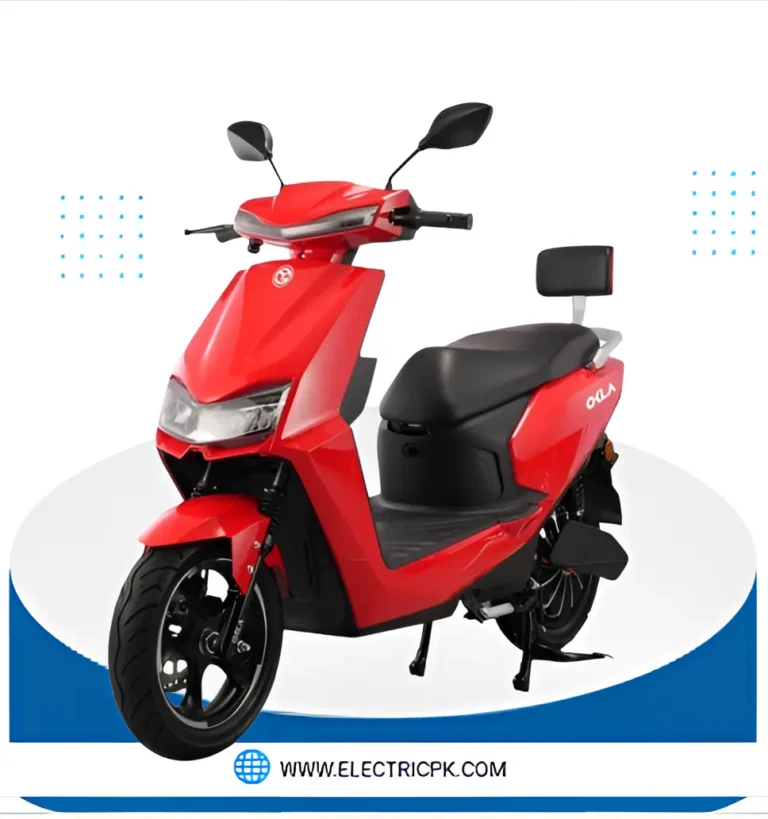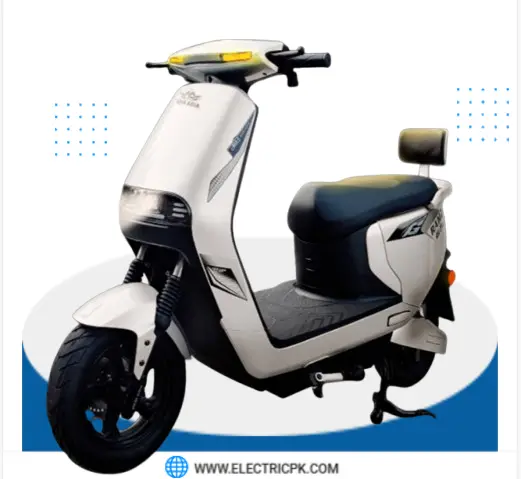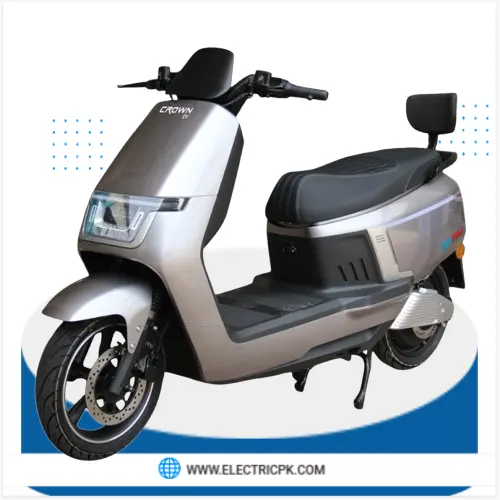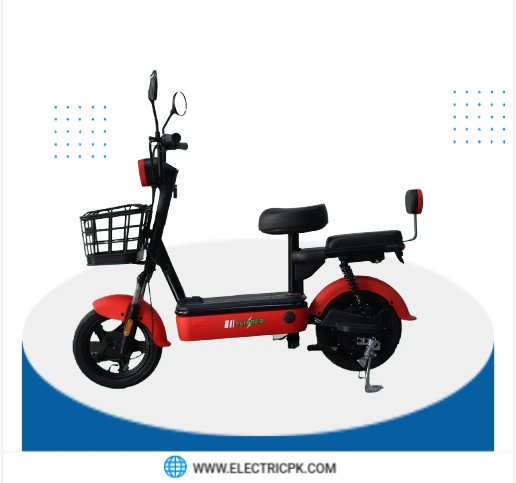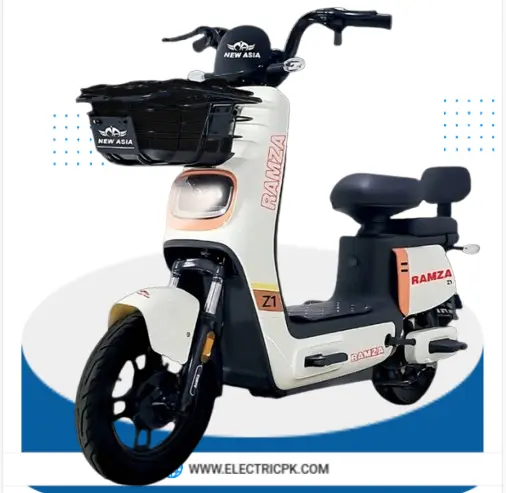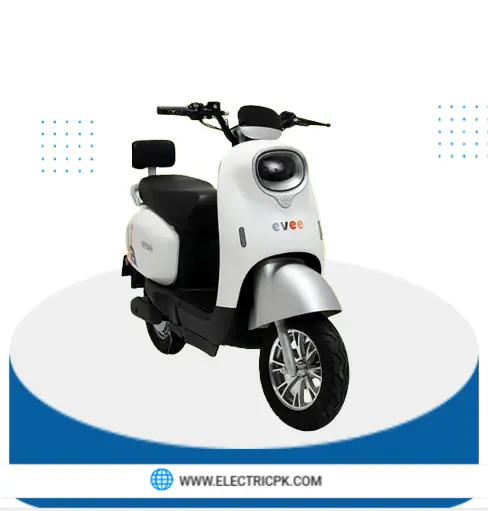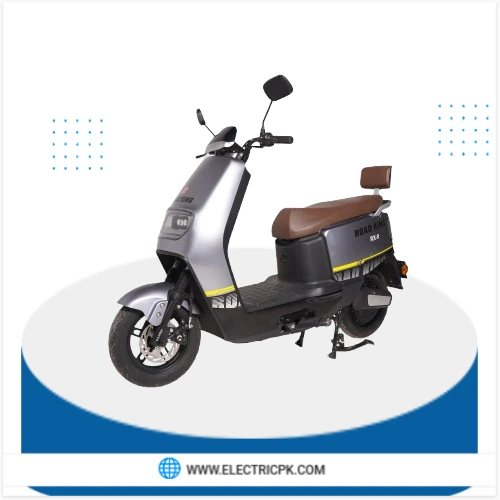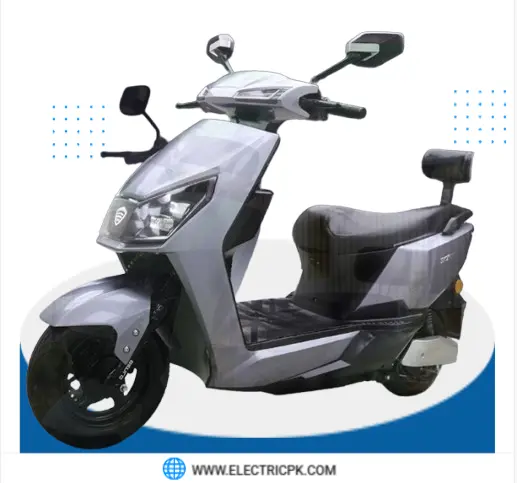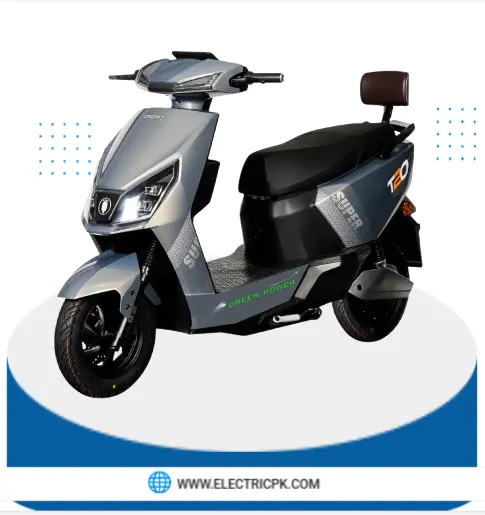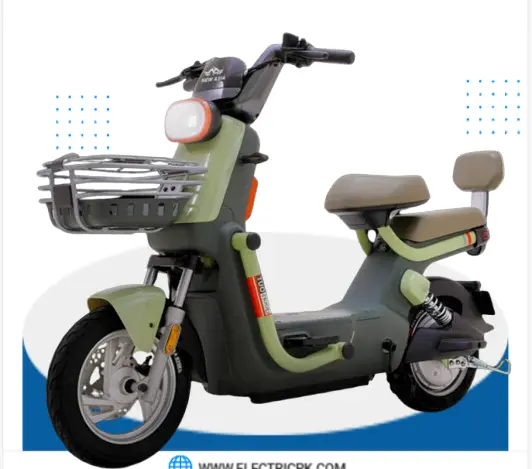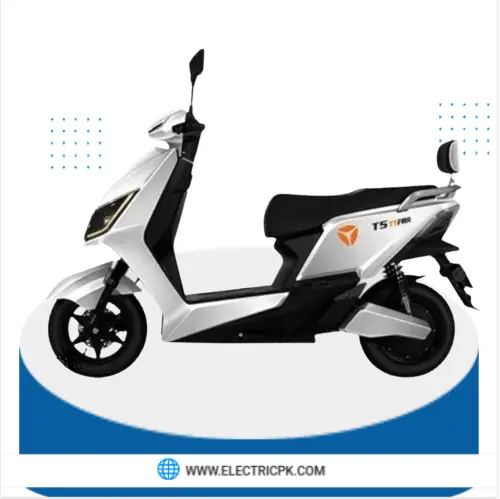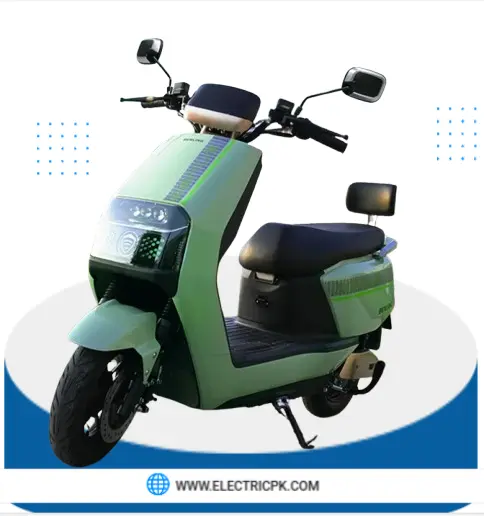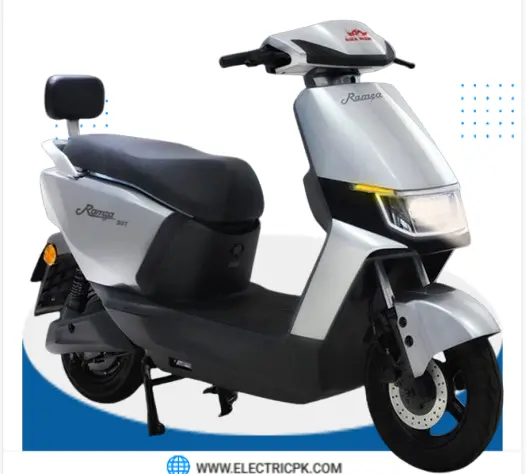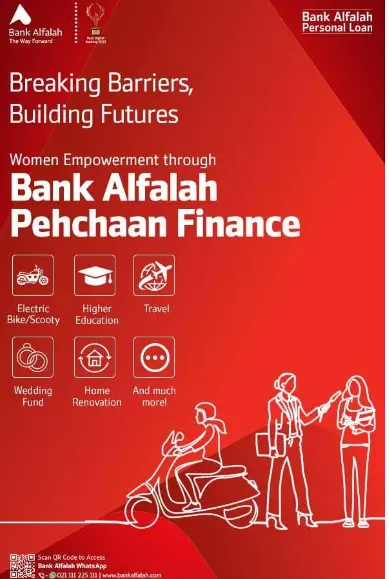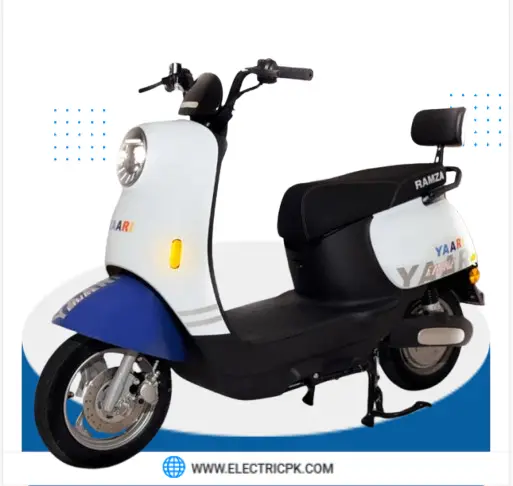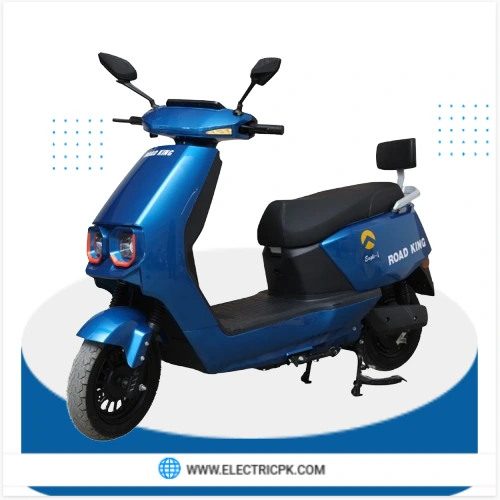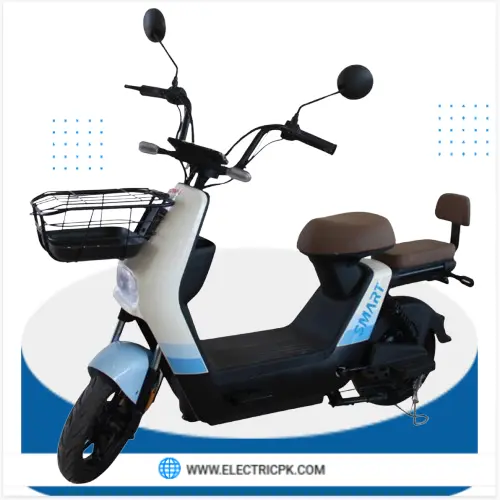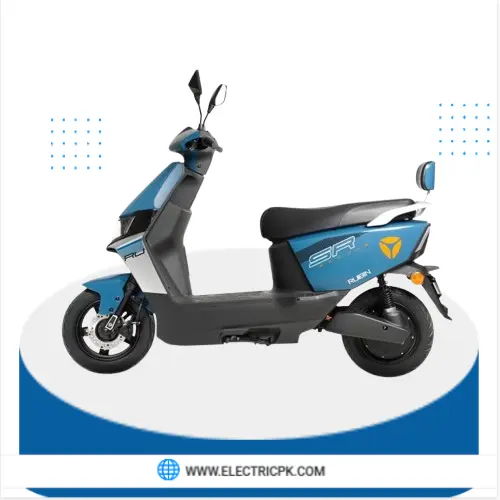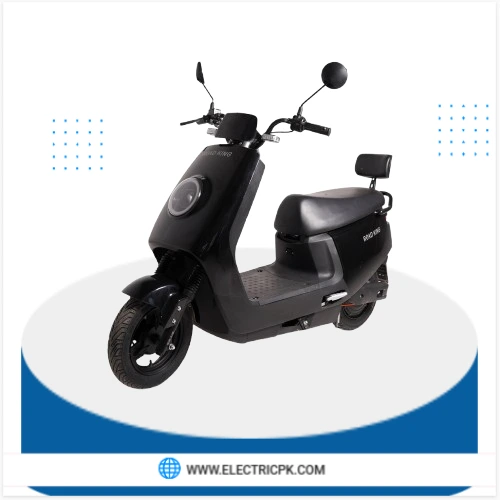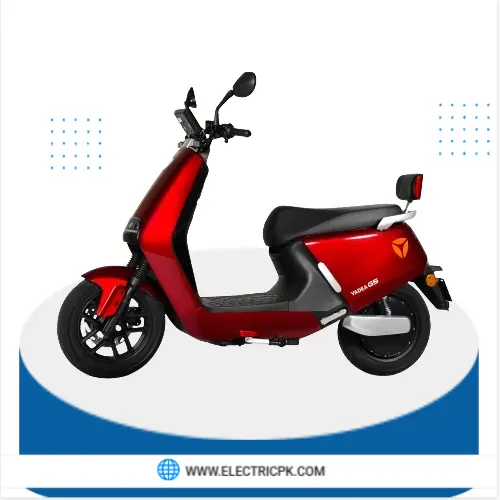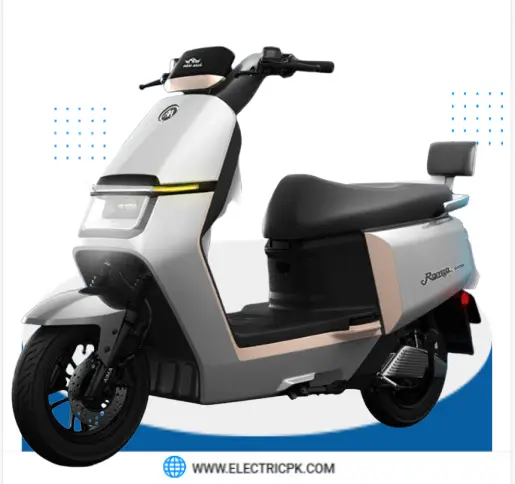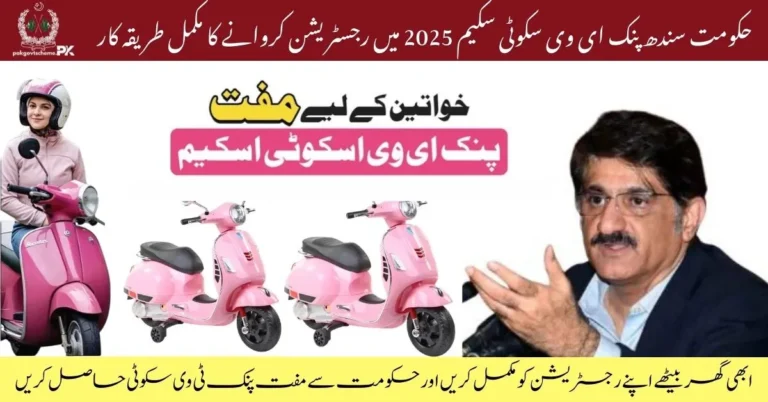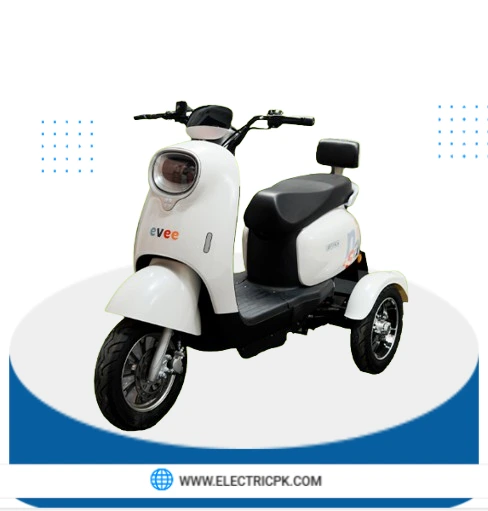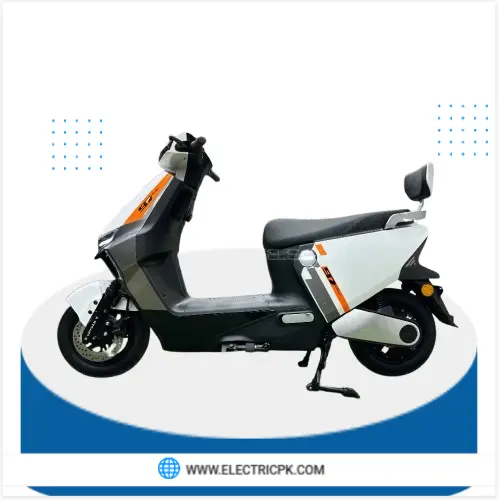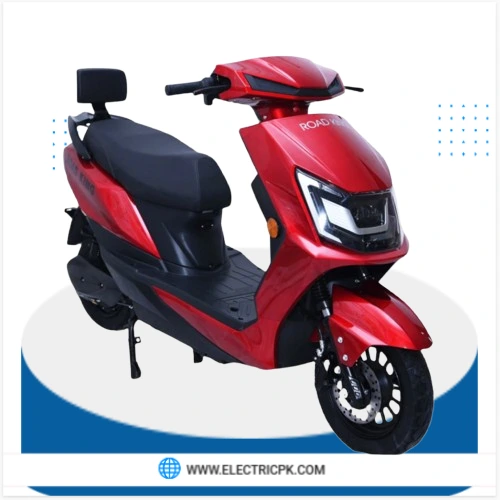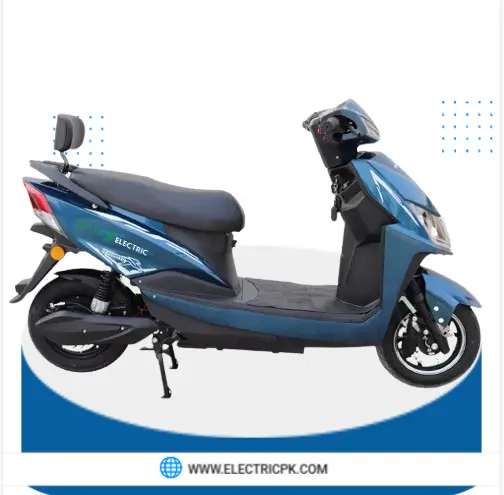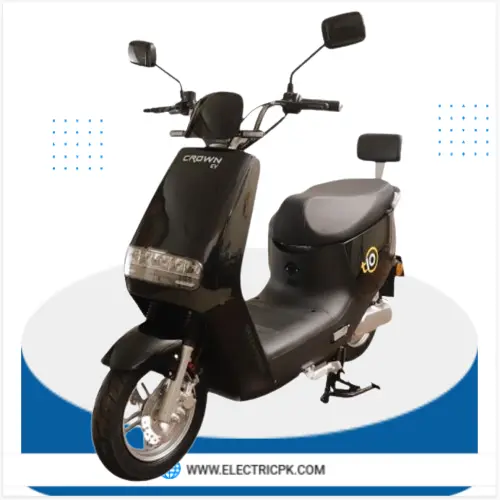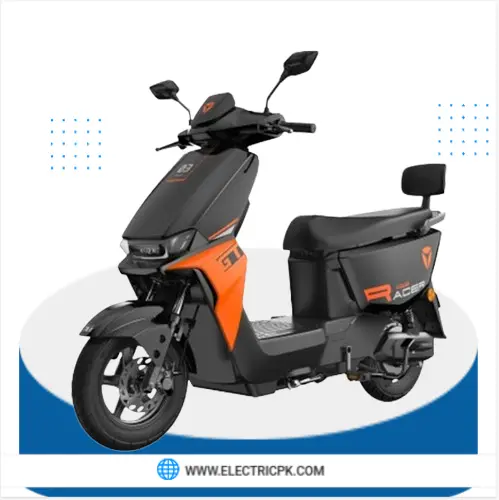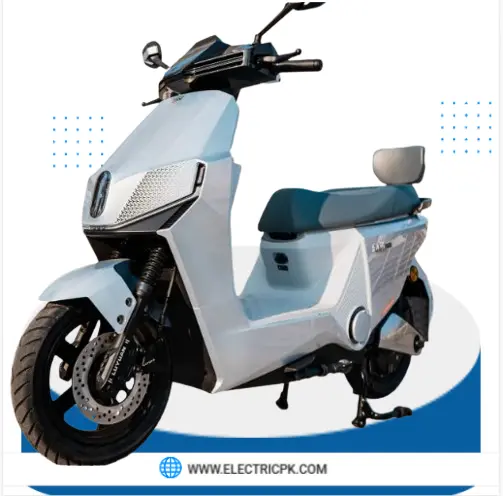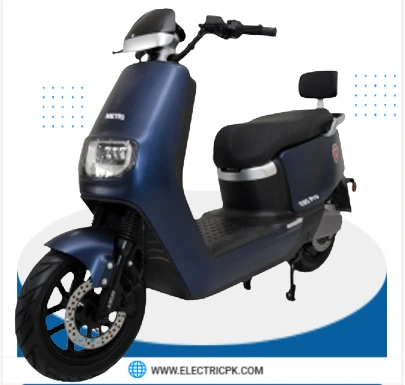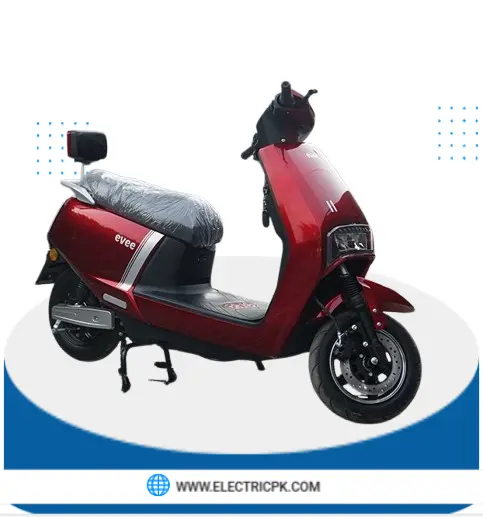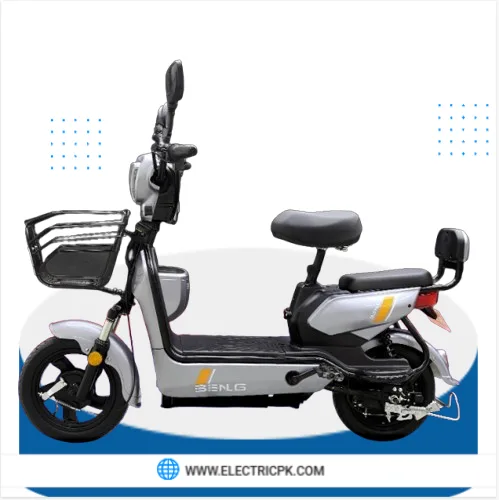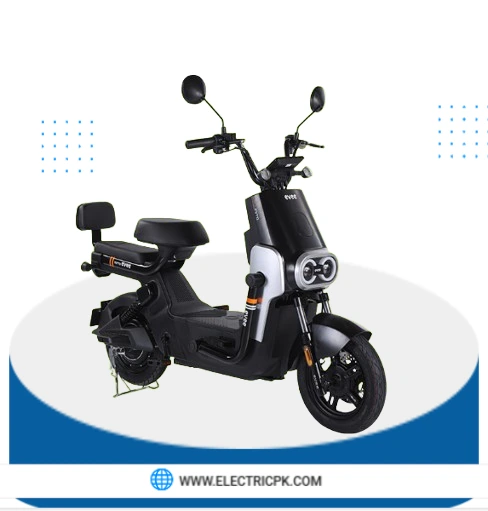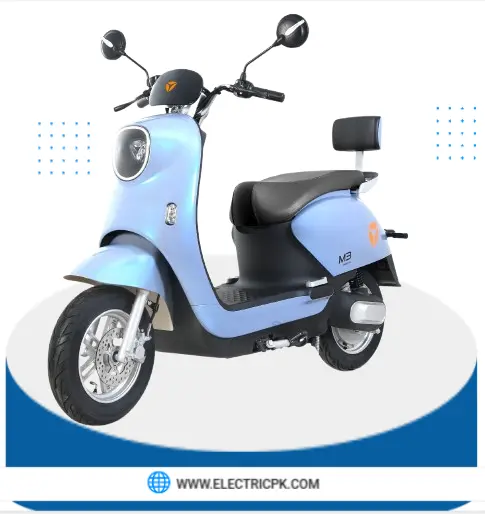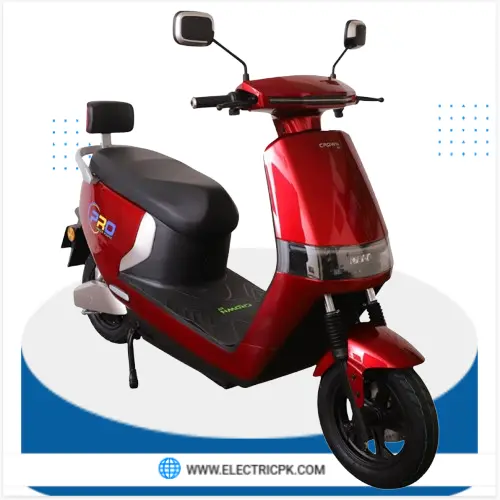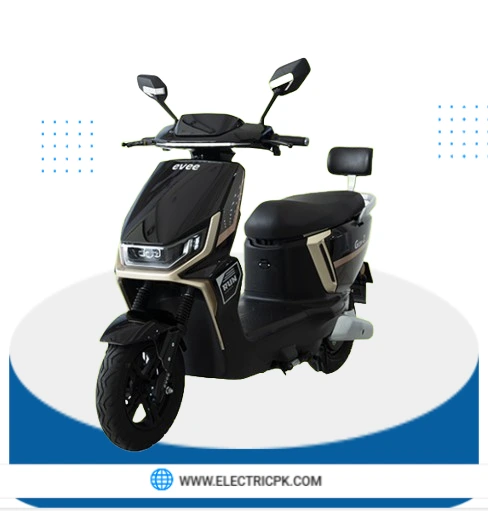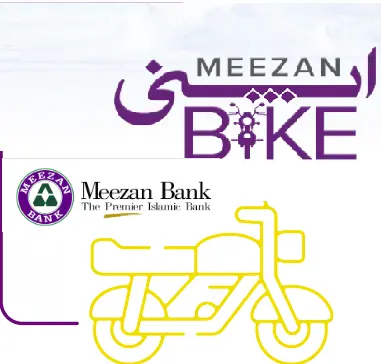Charging Electric Scooty Price in Pakistan: Costs, Factors, and Market Trends
Electric scooters, commonly known as “scooties,” are gaining popularity in Pakistan due to rising fuel costs, environmental concerns, and government incentives for electric vehicles (EVs). However, one critical aspect potential buyers often overlook is the cost of charging these vehicles. This article explores the charging expenses for electric scooties in Pakistan, factors influencing these costs, and how they compare to traditional fuel-powered scooters.
Understanding the Cost of Charging an Electric Scooty
The price to charge an electric scooty in Pakistan depends on several factors, including:
- Electricity Rates – Pakistan’s electricity tariffs vary by region and consumption slabs. On average, residential electricity costs range from PKR 10 to PKR 30 per kWh (kilowatt-hour) depending on usage tiers and time-of-day pricing.
- Battery Capacity – Most electric scooties in Pakistan have batteries ranging from 48V to 72V, with capacities between 1 kWh and 3 kWh. For example:
- A 72V 32Ah battery (like the Evee S1) consumes about 2.3 kWh per full charge.
- A smaller 48V 20Ah battery (like the MS Jaguar E-Scooter) uses around 1 kWh per charge 611.
- Charging Efficiency – Some energy is lost during charging, meaning the actual electricity drawn may be slightly higher than the battery’s rated capacity.
Estimated Charging Costs for Popular Models
| Model | Battery Capacity | Range per Charge | Cost per Full Charge (PKR) |
|---|---|---|---|
| Evee S1 | 72V 32Ah (~2.3 kWh) | 90 km | PKR 23 – PKR 69 |
| MS Jaguar E-Scooter | 48V 20Ah (~1 kWh) | 50 km | PKR 10 – PKR 30 |
| OKLA OMAX | 60V 30Ah (~1.8 kWh) | 70 km | PKR 18 – PKR 54 |
Note: Calculations based on PKR 10–30 per kWh electricity rates.
How Charging Costs Compare to Fuel Expenses
One of the biggest advantages of electric scooties is their significantly lower running cost compared to petrol-powered models.
- Petrol Scooters (e.g., Honda Activa 5G) consume around 40–50 km per liter. With petrol prices at PKR 275–300 per liter, covering 50 km costs PKR 275–300.
- Electric Scooters covering the same distance cost only PKR 10–30 in electricity, making them 10x cheaper per kilometer 211.
Factors Affecting Charging Costs
- Home vs. Public Charging
- Home charging is the most economical option.
- Public charging stations (still limited in Pakistan) may have higher rates.
- Battery Degradation
- Over time, battery efficiency decreases, requiring more frequent charging.
- High-quality lithium-ion batteries (like those in Evee and OKLA models) last longer than lead-acid variants 611.
- Fast Charging vs. Standard Charging
- Some models support fast charging (e.g., Evee S1 Pro charges in 5 hours), but this may slightly increase electricity costs due to higher power draw 11.
Government Policies and Future Trends
- Tax Incentives: The Pakistani government offers reduced taxes on EVs, indirectly lowering ownership costs .
- Solar Charging: Some users offset electricity costs by charging via solar panels, further reducing expenses.
- Expanding Infrastructure: Companies like OKLA and Evee are investing in charging networks, which could stabilize future pricing .
Conclusion
Charging an electric scooty in Pakistan is remarkably affordable, costing just PKR 10–70 per full charge, depending on battery size and electricity rates. With petrol prices soaring, EVs offer a cost-effective alternative, saving riders thousands annually. As charging infrastructure improves and battery technology advances, electric scooties are set to become even more economical in the coming years.
For buyers considering an electric scooty, models like Evee S1, OKLA OMAX, and MS Jaguar E-Scooter provide excellent value with low running costs. Always check battery specifications and local electricity tariffs to estimate your exact charging expenses.
